Thomas Partey is no longer just a former Arsenal midfielder. He is now the face of one of the most explosive ethical storms to engulf modern football. On 4 July 2025, the Crown Prosecution Service charged the Ghanaian international with five counts of rape and one count of sexual assault, stemming from incidents involving three women between 2021 and 2022.
Partey denies all allegations and is scheduled to appear at Westminster Magistrates’ Court on 5 August. The case has opened a deep fracture across Arsenal’s fan base, especially among women supporters and those who champion the club’s values of equality and justice. It also leaves Arsenal’s decision-making under a harsh spotlight—a club that markets inclusivity but chose, despite reportedly knowing of the ongoing investigations, to keep Partey on the pitch.
What Did Arsenal Know, and When?
Internal reports suggest that Arsenal were made aware of the allegations against Partey as early as 2022. Despite this, he continued to play a central role in their campaign. Even in the final weeks of his contract, which expired on 30 June 2025, the club was said to be exploring a renewal. Manager Mikel Arteta has defended the club’s actions, stating they followed internal procedures and insisting they handled the matter appropriately.
But as the case became public and charges were filed, questions mounted. What kind of message does this send? Can a club that runs anti-abuse campaigns and houses one of the world’s most visible women’s teams afford to turn a blind eye?

The Women of Arsenal: Betrayed by the Badge?
For Arsenal Women, one of the most successful clubs in European football, the Partey saga is more than a public relations disaster—it’s a cultural rupture. The club has spent years cultivating an identity grounded in progressivism, allyship, and empowerment. Their women’s team boasts some of the biggest stars in the game, regularly sells out fixtures at the Emirates, and leads conversations around gender equity. Now, many of those same fans—especially women—feel betrayed. It’s hard to reconcile a club that champions female athletes and campaigns against abuse with one that continued fielding a man under serious criminal investigation for rape.
Social media platforms like Reddit have become battlegrounds. Some supporters call for due process and restraint; others, particularly survivors and women supporters, feel the club abandoned its moral compass.
The Arsenal Women’s team themselves haven’t issued official statements, but sources close to the squad describe a deep discomfort. How can they trust the institution that failed to take a firm stand when it mattered most? Can they step onto the same pitch where Partey was once celebrated without feeling the sting of hypocrisy?
Fan Culture, Commercials, and Football’s Moral Vacuum
Arsenal’s matchday branding has routinely showcased Partey as a hero. His image adorned Emirates graphics, promotional materials, and international merchandise—even as whispers about the investigation grew louder. Many fans argue this was not ignorance, but wilful disregard.
And as Arsenal’s women’s side prepares for another high-profile season, the disconnect feels starker than ever.It is a painful irony. Arsenal FC is a club that trumpets social values, but in this case, failed to model them. While some fans argue that everyone deserves a fair trial, others stress that safeguarding women should never hinge on court verdicts.
The fact that multiple women came forward with similar allegations should have been enough for a principled pause—not months of silence and PR shielding.
The Bigger Picture: Football’s Crisis of Conscience
The Partey situation is not just an Arsenal story—it is football’s. Across leagues, players accused of gender-based violence continue to be protected, celebrated, and re-signed. Clubs lean on legal grey zones and the presumption of innocence while ignoring the deeper cost: the silencing of victims, the erosion of trust, and the alienation of fans, especially women.
Arsenal’s women’s side, with all its power and profile, now exists in uncomfortable proximity to a scandal the club helped prolong. The silence around Partey’s case has punctured the myth of football as a safe space for women. For many fans, attending matches or wearing the crest no longer feels uncomplicated. The stain is there.
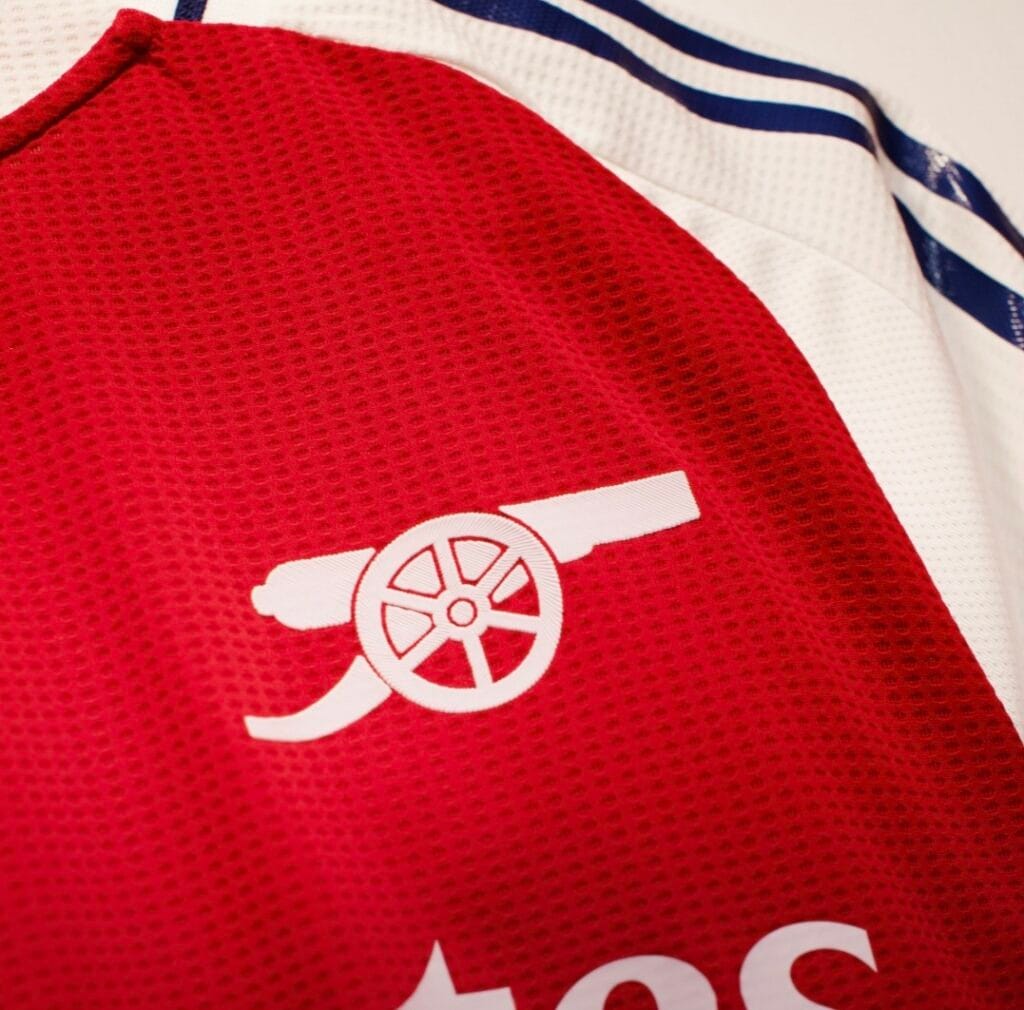
What Comes Next?
Partey will appear in court soon, but for Arsenal, the trial is already underway—in public opinion, in its locker rooms, and in its legacy. The fallout could shape how clubs handle allegations in the future. It could also determine whether women’s football, and female fans, are treated as truly equal stakeholders or merely convenient branding tools.
If Arsenal wants to be on the right side of history, the next steps must be more than procedural. They must be principled, public, and profoundly clear. The world is watching—and so are the women who have long believed this club could be more than just another badge.
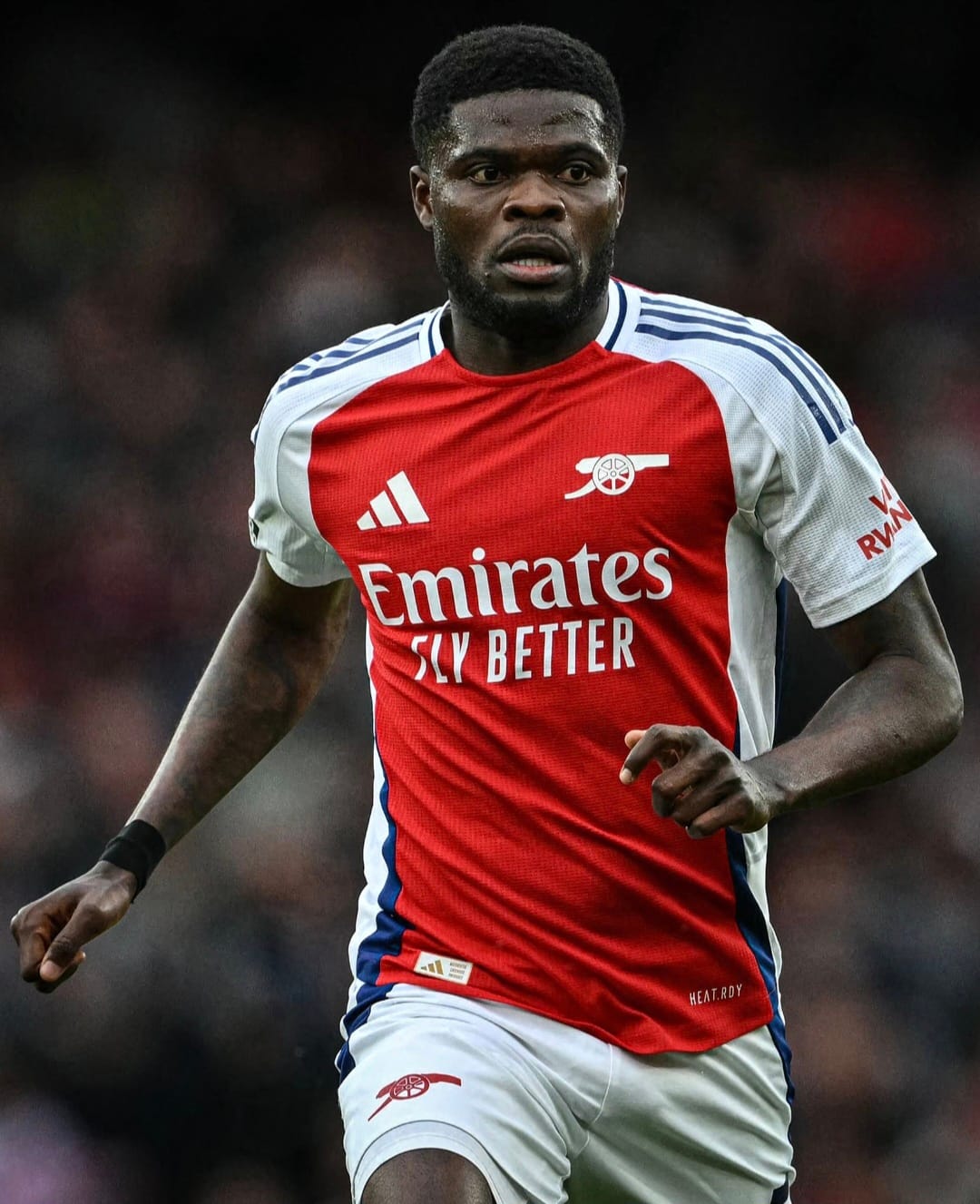

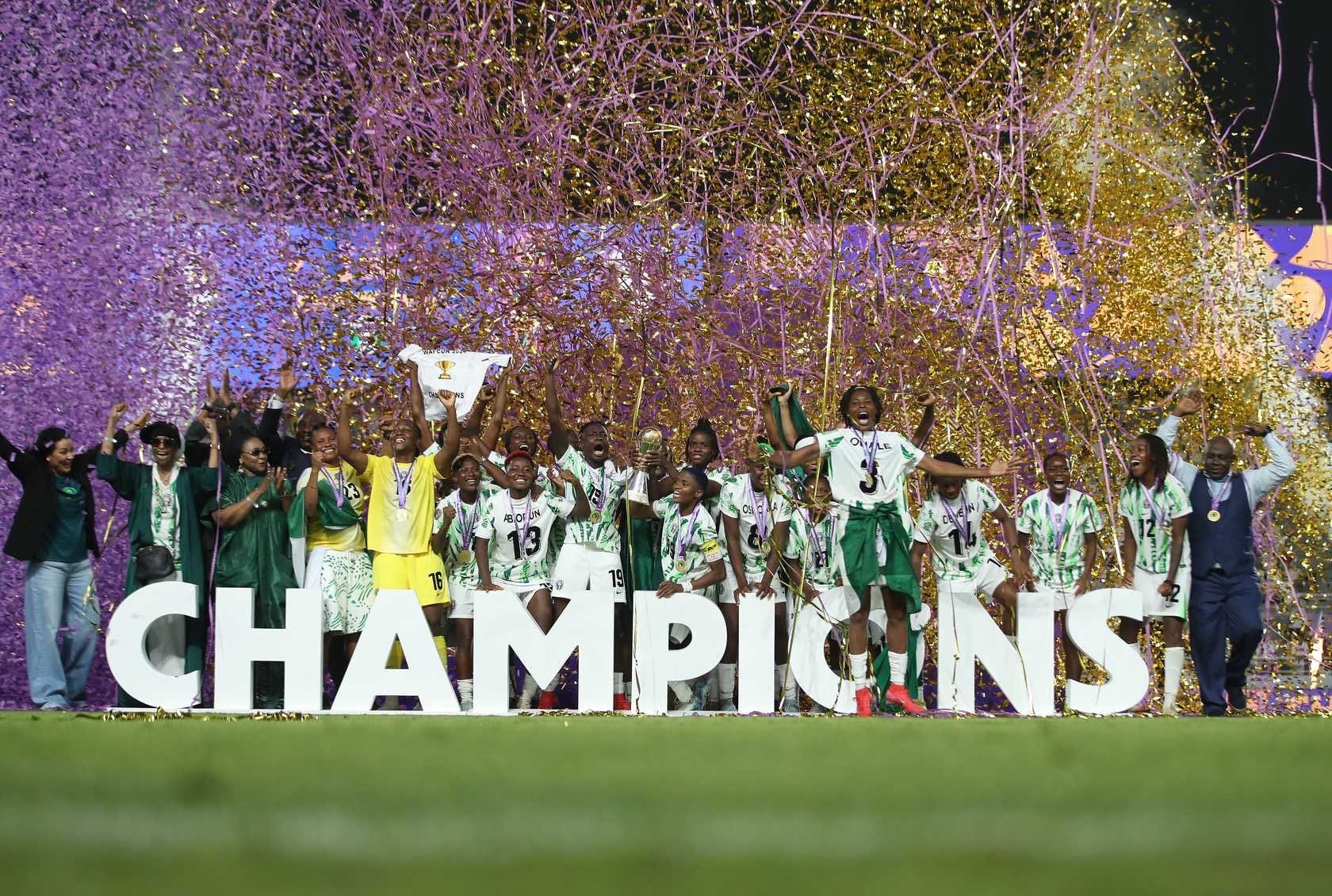
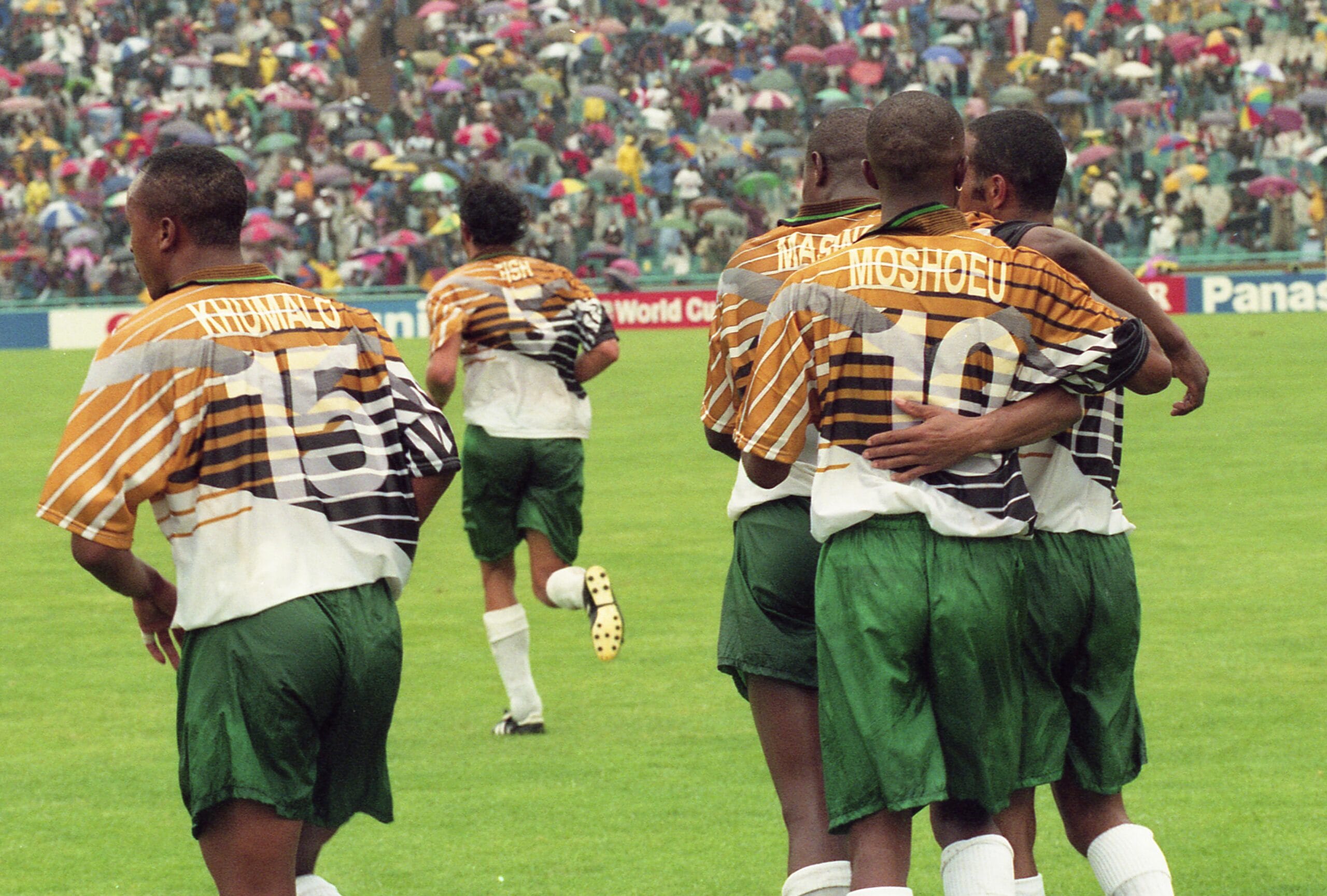
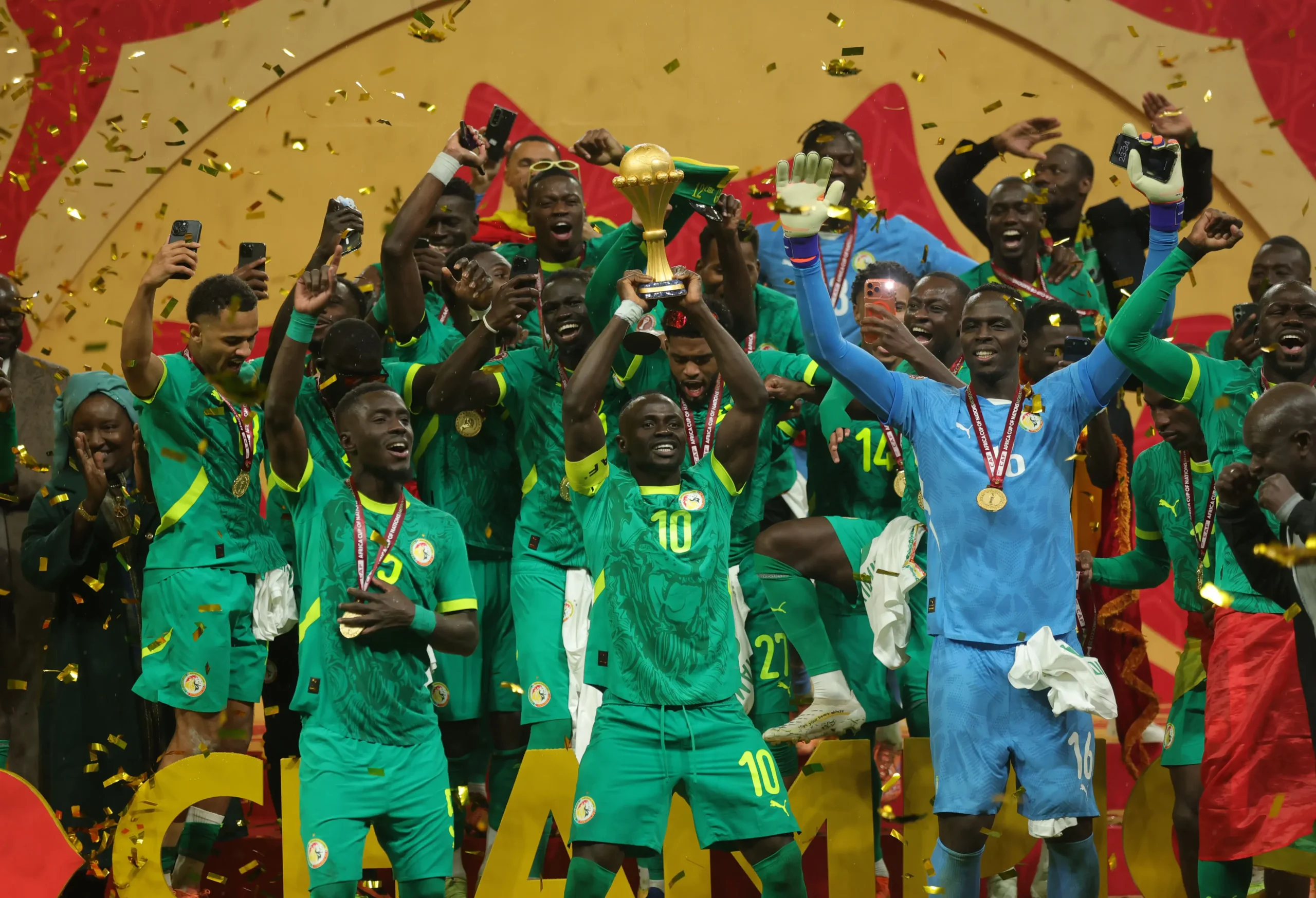

No Comments